We begin from the ground up. We study how people build families and networks, exchange goods, share stories, care for environments, and invent systems of governance, often in tension with states and markets. More than anything, anthropology teaches us to listen. We take seriously the knowledge people create in their lives, and we use that knowledge to see the world differently than we did before.
Image credit: a saint procession in Nebaj, Guatemala, during the 1980s by David Stoll
Anthropology
Anthropology crosses boundaries between the humanities and the sciences to study people past and present. Some anthropologists study human origins and ancient civilizations. Others study the changing societies, cultures, and movements of our contemporary world.
Anthropologists combine close observation with big ideas. We prepare students to think critically, creatively, and across difference – skills that are essential in today’s interconnected world. Anthropology is a foundation for careers in global and public health, education, museums, law, journalism, environmental sustainability, economic development, and humanitarian work – as well as in fields like design, technology, marketing, and the arts.

Celebrating Difference
Anthropology trains you to think critically, creatively, and across difference – skills that are essential in today’s interconnected world. In our courses you practice listening observing, analyzing and participating – skills that help you engage with the world not just as it is, but also as it could be. Some courses integrate collaborative research, creative writing, and public-facing projects.
Image credit: Meron Benti ’19 by Brett Simison
See Related Middlebury Magazine Story
Our Courses
Anthropology is the study of human social life in all its complexity – past and present, here and elsewhere. It enables us to answer big questions: How do people create meaning, build community, and navigate power? How do language, health, environment, and history shape everyday life? How do people, in vastly different cultures, create their own forms of belonging, justice, and survival? How do they remember the past and imagine different futures?
Here are the five subfields of anthropology that we offer:
Archaeologists explore history and prehistory through the excavation of sites and the analysis of artifacts and other material remains.
Biological anthropologists study evolution, using evidence from the fossil record, genetics, and primate behavior to explore human origins as well as human diversity.
Sociocultural anthropologists examine contemporary or recent societies, studying not only cultural diversity but also a host of social issues, from the dynamics of power and inequality to the ways in which culture shapes economic, political, and legal systems.
Linguistic anthropologists study the characteristics of human language and question how language shapes, and is shaped by, social interactions.
Medical anthropologists consider how people view disease and illness in different parts of the world and explore how global, historical, and political factors influence those views.
Our courses combine theoretical depth with grounded, ethnographic inquiry. Some explore the indigenous cultures, languages and pre-Columbian civilizations of the Americas. Others probe the causes and consequences of global migration. Other courses teach the analytical frameworks of political ecology, the study of how human competition for power and status shapes our relationship with environmental niches. Still other courses provide area expertise on South Asia, China and Japan, the Middle East and North Africa, and Sub-Saharan Africa.
Why Study Anthropology?
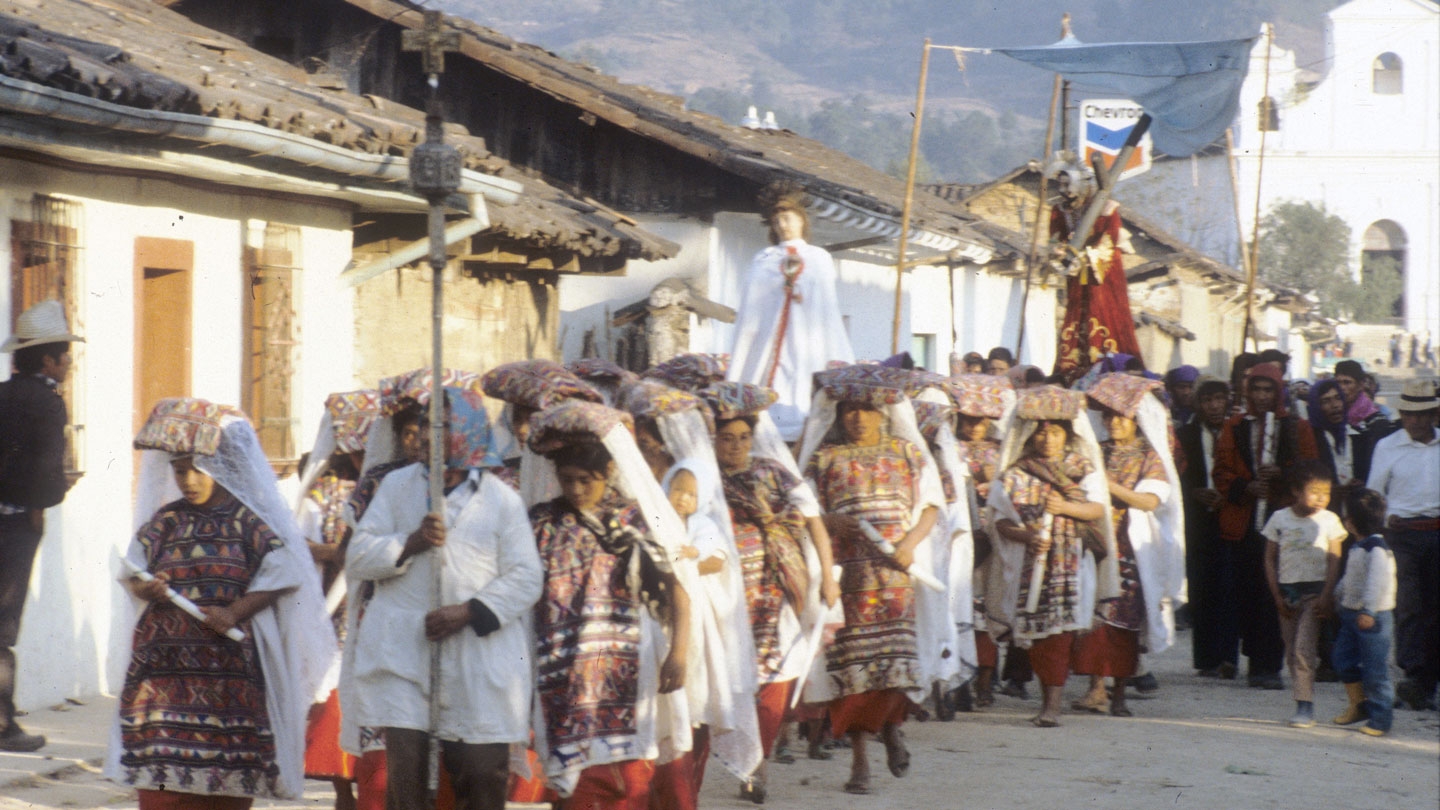
Spotlight
-
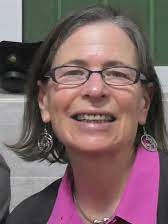
Please join us in congratulating Professor Oxfeld on becoming the president of the Society for East Asian Anthropology.
-
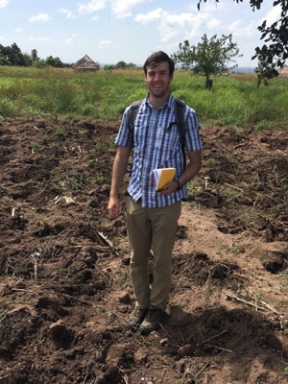
Before he graduated, Daniel Krugman ’21 researched refugees in Uganda. He is now a student at the Johns Hopkins School of Public Health.
-
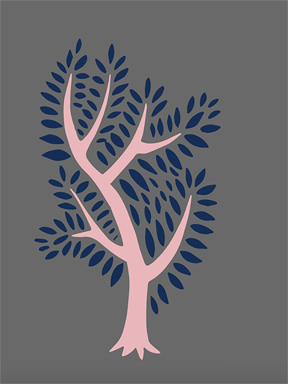
Visit the Body Online, a critical digital studies lab dedicated to student learning and engagement of ethnographic theory, method, and design online.
-
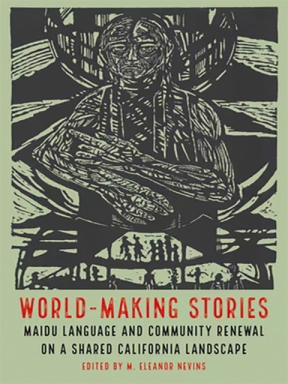
Our faculty publish across a range of topics and regions. Here is an example from one of our authors: a collection of Maidu creation stories edited by Professor Nevins.
